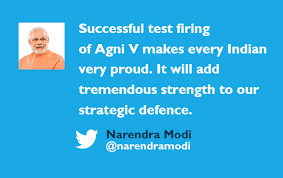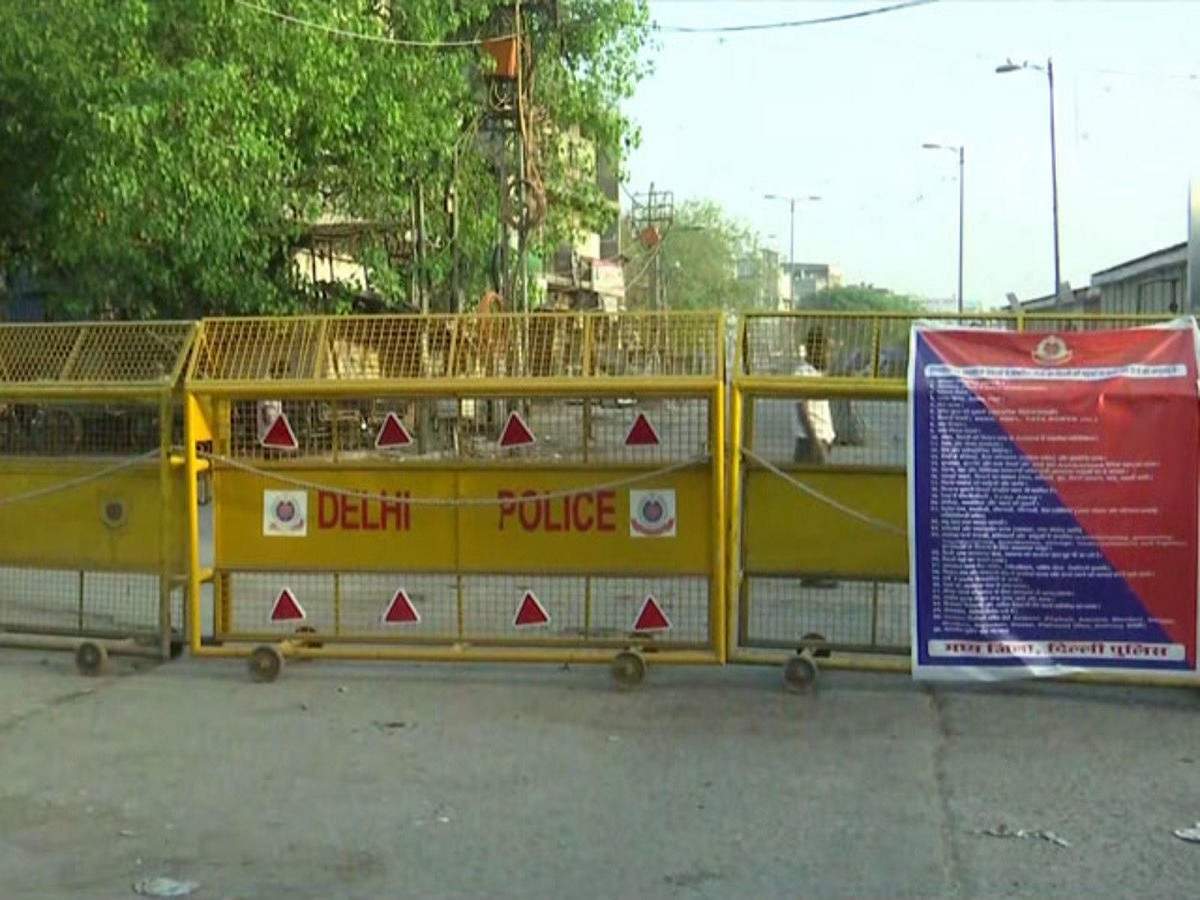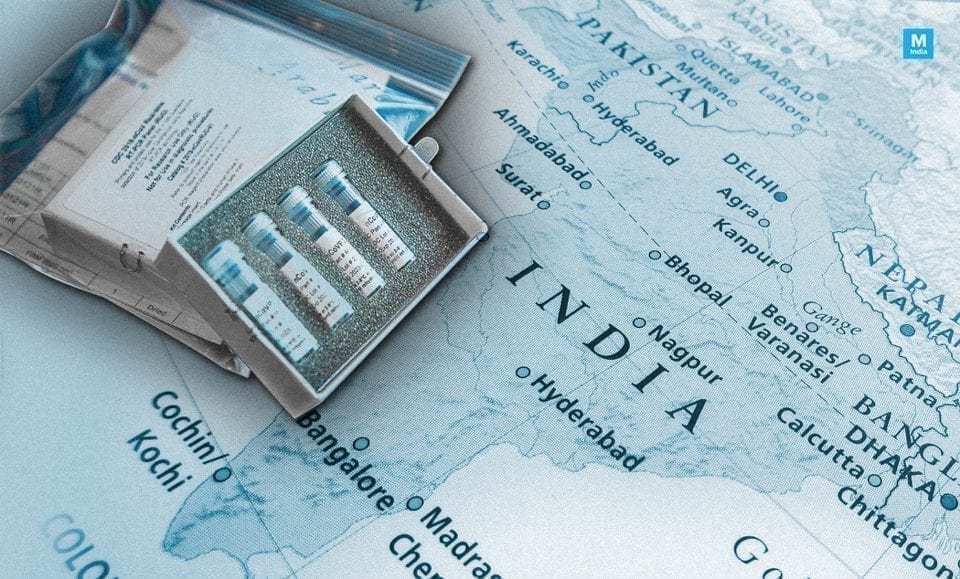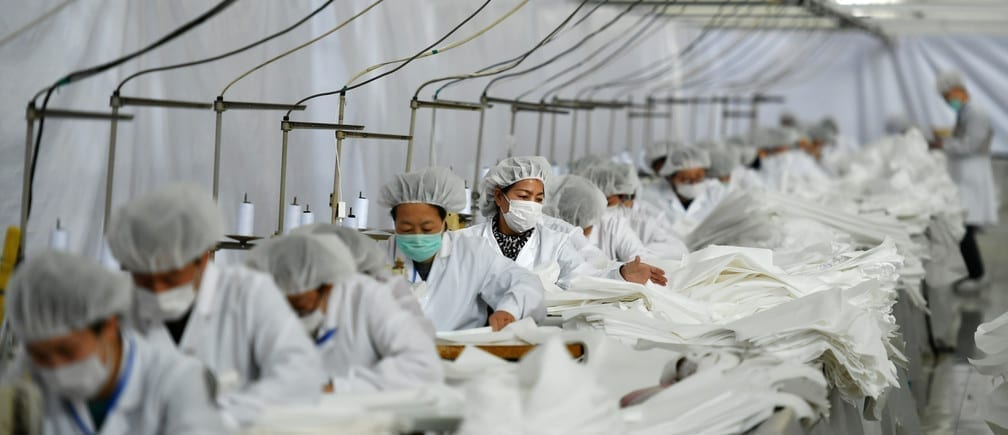Asia
Indian Nuclear Weapons Programme aimed at China

According to American nuclear specialists, India is focusing on modernizing its nuclear stockpile with an eye on China and the nation’s nuclear weapon development which generally focused on Pakistan now seems to put expanded accentuation on China.
It is also claimed that India is currently building up a missile which can cover all of China in its range, from its bases in South India. India is also claimed to have stocked enough plutonium for 150—200 nuclear warheads but has only created around 120—130.
Taking note of that India keeps on modernizing its nuclear armoury with advancement of a few new nuclear technology only, it is evaluated that India as of now is capable of seven nuclear capable frameworks: two aircrafts, one ballistic missile which can be launched from sea, and four ballistic missiles to be launched from land.
India is assessed to have acquired roughly 600 kg of weapon-review plutonium, adequate for 150-200 nuclear warheads if all the material has been changed over into nuclear warheads. However, in view of accessible data about its nuclear capabilities and missile framework, it is gauged that India has created 120-130 nuclear warheads. India will require more warheads to arm the new missiles, which are under development at the moment.
The two stage Agni-2, which employs solid fuel and is easily transportable, is more capable than Agni-1, which can convey an ordinary or even a nuclear warhead more than 2,000 km. This missile system is most likely to be focused on southern, central, and western China.
The Agni-4 missile will be equipped for striking any target in almost all of China from north-eastern India. India is additionally building up the more long ranged Agni-5, a three-stage, easily transportable intercontinental ballistic missile (ICBM) which burns solid fuel. It will be capable for conveying a warhead more than 5,000 km. This range will enable India to build its Agni-5 bases in southern parts of the country, far from the influence of China, in the case of a conflict.




































